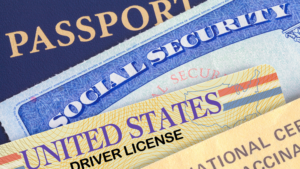
Can I Travel During FMLA Leave in Virginia?
If you are contemplating FMLA leave, you may be wondering if you can travel or go on vacation during your leave. The answer is that it depends on your situation. Understanding FMLA Family Medical Leave Act provides eligible employees with up to 12 weeks of unpaid leave per year for specific family and medical reasons. During FMLA leave, employees are entitled to job protection and the continuation of their group health insurance benefits. Who is Eligible for FMLA Leave? To be eligible for FMLA leave, you must Work for a covered employer Work at a location with 50 or more employees Have worked for the employer for 12 months Have worked 1,250 hours during the 12 months prior to leave starting What Can I Use FMLA Leave For? There are several eligible reasons for FMLA leave. These include things like the following: Birth, adoption, or foster care placement of a child A serious health condition that makes the employee unable to perform their job A spouse, child, or parent with a serious health condition Caring for a covered service member with a serious injury or illness incurred in the line of duty (Military Caregiver Leave) Any qualifying exigency arising out





